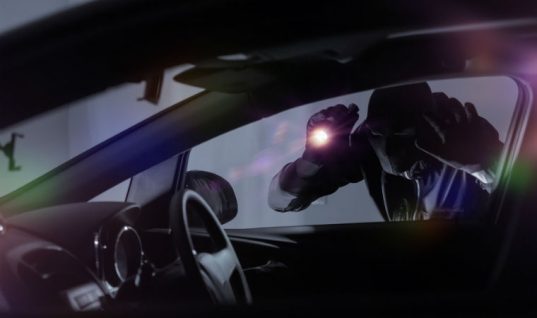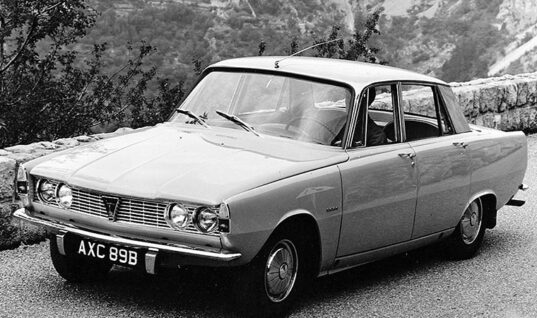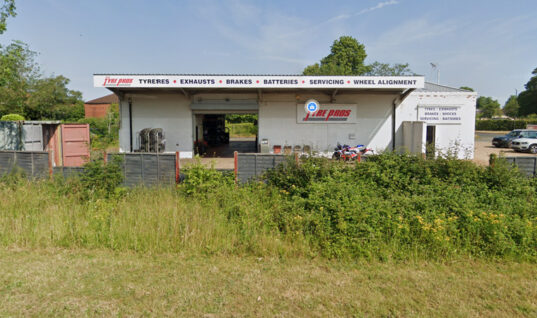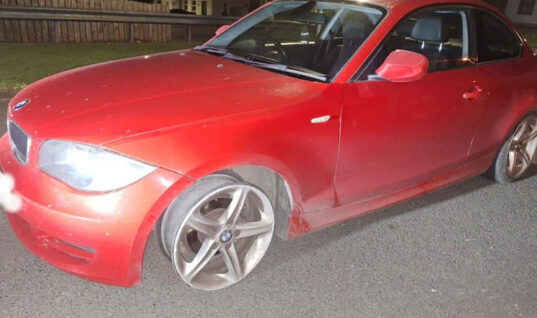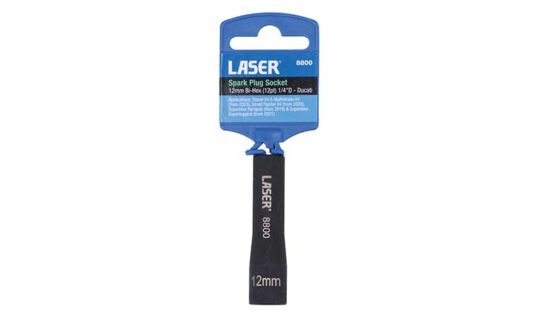With increasing numbers of electric vehicles on the road requiring maintenance, garage owners are keen to access this new market by offering the skills and equipment necessary to offer a full service and repair facility to the owner.
For a number of years now Laser Tools has been offering independent garages solid, informed advice on the necessary tools and equipment they need to acquire to be fully equipped to service and repair these vehicles.
The company has gained invaluable experience by working with both vehicle manufacturers and importers on the requirements for their main dealer service workshops when working on high voltage vehicles.
This experience has allowed Laser Tools to pass on the knowledge they have gained and to create suitable packages for independent workshops.
Workshop Safety is about making the working environment safe — for employees, but also for members of the public or customers who may be near vehicles in the workshop. It is important that there should be a designated area cordoned off and identified as a ‘Danger – High Voltage’ area, and that high-voltage rescue and first-aid equipment be available in case of emergency.
Vehicle Safety is about making the vehicle safe for a technician to work on.
PHEVs and BEVs will normally have some form of ‘Isolator’ switch, commonly known as an MSD (manual service disconnect), which should be removed before any work is carried out on the vehicle.
This isolates the high voltage battery from the rest of the vehicle.
However, it is important that others in the workshop are aware that this is a high voltage vehicle, and do not attempt to start, or move the vehicle.
Thus appropriate warning signage, lock-out tags and locks, etc, should be used.
Personal Safety is about providing protection for the technician working on the vehicle — appropriate insulated gloves and face shield should be worn to protect against high voltage leaks and arc flash risk, along with appropriate insulated safety footwear, or insulated floor matting.
If working within the high voltage battery and/or circuitry, further specialist protection, such as full arc-flash safety work wear to protect against arc flash burns risk, may also be necessary as the technician will now be working within a live high-voltage environment.
High Voltage Tools and Equipment — the electrical industry standard for test equipment that is to be used in a high voltage environment is known as the CAT standard; a minimum of CAT III 600v, or CAT IV 1000v is required to ensure the test tools are suitable and safe for working on high voltage systems.
Hand tools are required to be fully tested and insulated to IEC 60900:2018 standards and carry the international symbols for High Voltage Tools.
Typical tools required will include socket sets, wrenches, screwdrivers, pliers, torque tools together with hex and Torx keys.
Laser Tools has approached the subject on the basis of offering a ‘one-stop-shop’ for workshop high voltage vehicle requirements, covering all aspects of workshop safety, vehicle safety, personal safety, and appropriate insulated tools and equipment.
Following the success of the Laser Tools Tech Vans which have covered the UK for over ten years, the company now offers a fully-equipped Hybrid & Electric Vehicle Tech Van.
This van brings the tools direct to the customers, and is manned by Hybrid & EV specialist James Staveley, who is there to demonstrate the tools and advise on solving problems.
James said: “With more and more garage businesses putting their technicians through hybrid and electric vehicle training, the Laser Tools Hybrid & Electric Vehicle Tech Van is a great resource to show how we can support garages and advise on what is required for them to be compliant for Health and Safety as well as showcasing our ever-increasing range of specialist high voltage insulated tools.
“As a business we take the hybrid and electric vehicle market very seriously.
“We’ve put this van on the road to concentrate specifically on the hybrid / EV market.
“Plus I’ve been trained on the various requirements and legislation that garage owners will need to follow when working on these vehicles.
“Another important feature of the van is the ability to offer demonstrations of the tools and safety equipment.
“The van’s equipped with a test demonstration rig, which comprises an EV battery, electric motor and an ICU inverter — this is beneficial when demonstrating items such as our insulation tester or high voltage tester.
“It also gives technicians a great opportunity to see what they will experience when working on a hybrid or electric vehicle.”


